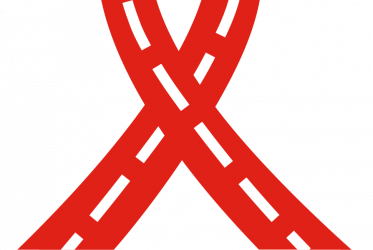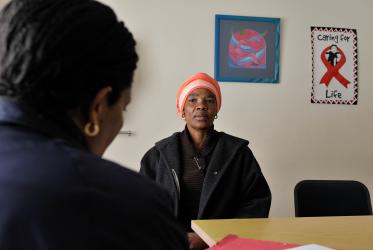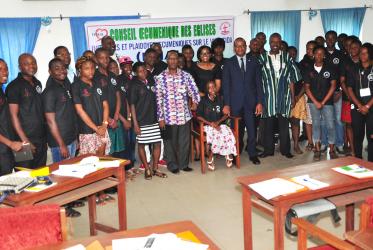Displaying 181 - 200 of 274
17 July 2016
AIDS 2016 Media Guide
15 July 2016
In Ghana, women bring open minds, honest words
05 July 2016
Local work by faith-based groups key to ending AIDS
27 June 2016
Voices from HIV workshop reflect deep impact
07 April 2016










